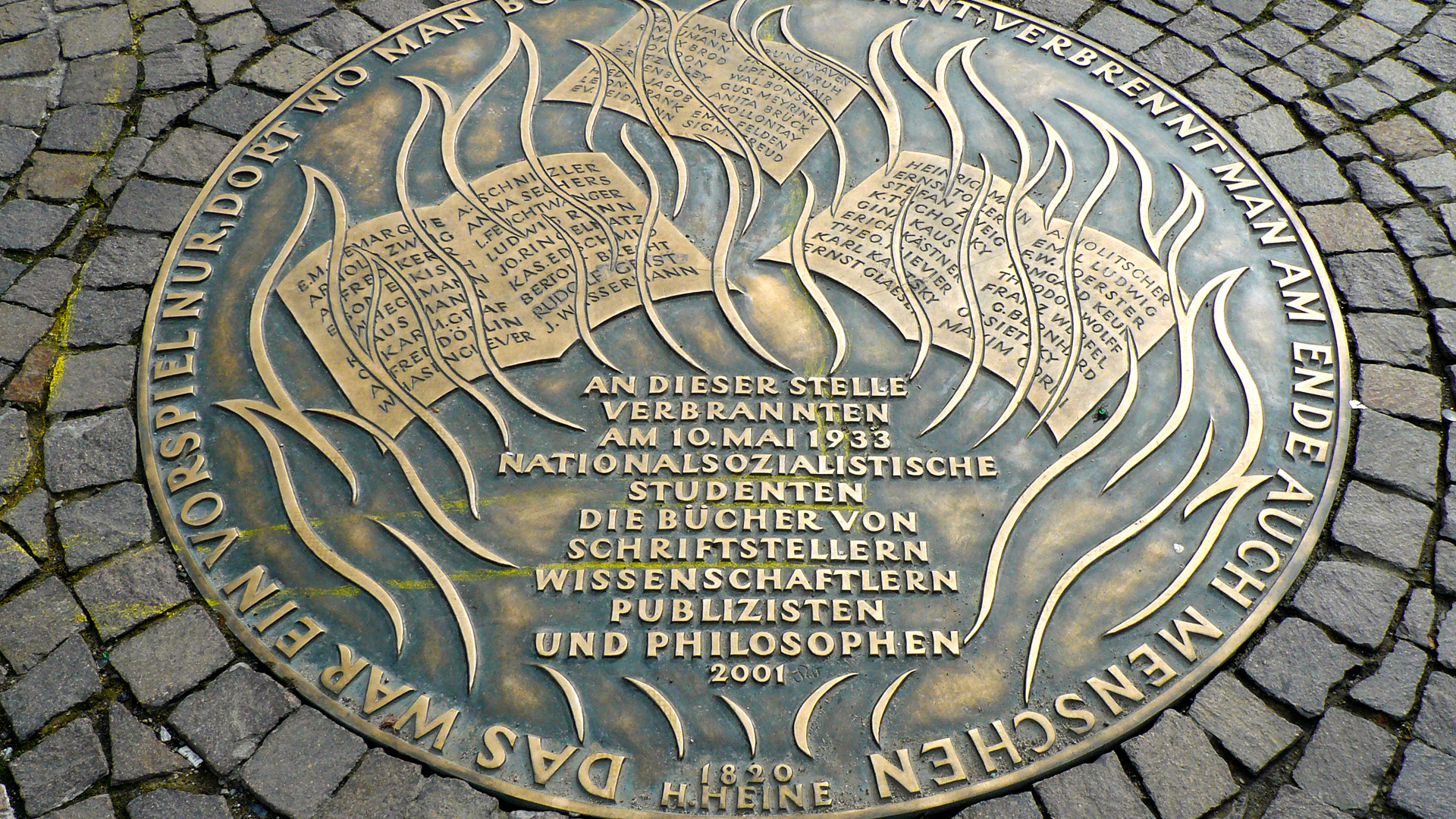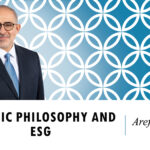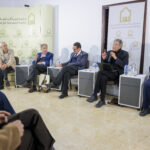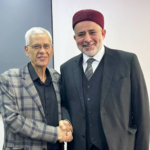EDITORIAL
There is a direct correlation and a terrifying slippery slope from burning the books of a community, to the burning of that very community. During the Spanish Inquisition, the burning of Jewish and Muslim books led directly to the annihilation of Jews and Muslims in Spain (Lea, 2020). During World War II, the Nazi burning of Jewish books directly led to the annihilation of Jews in what was the darkest genocide in human history: the Holocaust (Rose, 2001).
Book burning is not at all a mere form of “free speech”, but a violent incendiary act against the persons and communities who value and cherish those books. It is a violent incendiary act that can easily and rapidly degenerate into direct horrific arson against those persons and communities.
Humanity must act on the heroic slogan “Never Again!”. Our commitment to “Never Again!” must never waver or become selective. Genocide must never be allowed to arise again. Incitements to genocide must never be allowed to arise again (Kellner, 1994). All book burnings must never be allowed to arise again. European countries with a past that is at least partially implicated in the darkness of Nazism must be particularly vigilant (Bjørgo, 1993).
“Never Again!” is a normative injunction and a stark warning that must be heeded indiscriminately. All persons and communities must be safeguarded. The books of all communities must be safeguarded.
Books embody the identities, narratives, and values of persons and communities, and they are worthy of the respect accorded to persons and communities (Nayed, 2011). The Kantian “Categorical Imperative” of respect for persons and communities applies to books because they are “personal” and are not mere “things” (Rabinowicz et al., 2000). Burning books easily slips into burning the persons and communities whose identities, narratives, and values are embedded in them.
Sacred books in particular, especially for communities that are scripturally centered, such as Judaism, Christianity, and Islam, are worthy of respect and protection. Such sacred scriptures provide the very nexus around which a community’s very being and life revolves (Thiselton, 1992).
All civilized human communities recognize, out of respect and compassion, that others different from them hold certain treasures that they consider sacred and holy (Eliade, 1959; Otto, 1926). Such texts are saturated with abundant life-giving qualities that are vital to that community (Collins, 2015). Therefore, the burning of such sacred scriptures triggers in the communities that take them as sacred, strong feelings of outrage and existential angst. The burning of such sacred scriptures, because it targets the very “heart” of the believing community, inflicts a deep emotional assault against that community
For us Muslims, the Qur’an is the very Speech of our One God (Allah). Burning the Qur’an is, therefore, a horrific attack not only on the Muslim community and all its members, but also on God, the Messengers of God (peace be upon them), on all that is sacred and holy, and that is why it is so deeply wounding.
The burning of the Qur’an on the occasion of Islam’s holiest feast (Eid al-Adha), and in front of a Muslim “House of God” or Mosque, that just took place in Sweden, is the maximum act of incendiary violence that can be inflicted on the community and its very pivot. For such an attack to be justified and licensed as a mere instance of “free speech” is an affront that adds a cruel insult to deeply hurtful injury.
To Sweden and the Swedish people, we say: Remember your honorable commitment to “Never Again!”. Uphold that commitment, without prejudice, and do not distinguish between the current Qur’an burning and the Nazi burnings of Jewish texts. Today’s burnings are just as dangerous and slippery as the book burnings of the dark past. This is not free expression. This is incendiary violence inciting hatred and violence against your Muslim community, your fellow-citizens, and your brothers and sisters in humanity.
To the Swedish Muslim community, we say: Remember God’s injunction towards forbearance and forgiveness. Face ignorant bigotry with compassionate enlightenment of others. Live the true values of your faith, and spread in Sweden Islam’s graceful greeting: Peace, Compassion, and Blessing upon you (Nayed, 2010).
Practically, make an alliance with peoples of all faiths, and with all Swedes with whom you share good values. Reject bigotry in your own hearts, and reject all forms of discrimination and antisemitism. You cannot defend your own community and its scriptures, if you accept attacks on other communities and their Scriptures. You cannot ward off attacks on Muslims if you join neo-Nazis in denying the Holocaust. Churches, synagogues, and humanitarian organizations must be your allies not your adversaries.
Develop legal and political teams who can cooperate with all Swedish people, in order to seek an end to book burning in general, and especially the burnings of scriptures taken to be sacred by Sweden’s various religious communities. Sweden has laws against hate speech, antisemitism, incitement to violence, and the disturbing of public order. Learn those laws, and invoke them, with the help of professional legal experts, and with the support of the Christian and Jewish communities of Sweden.
The Qur’an in our belief, it is transcendentally preserved by the Protector of the Universe. The small-minded bigotry of ignorant individuals does not in any way touch it or undermine it. Such individuals deserve our pity and not our wrath. May God guide them to His infinite Compassion.
Dr Aref Ali Nayed
Dr. Aref Ali Nayed is a former Libyan Ambassador and Special Envoy, and Chairman of Kalam Research & Media (KRM). He is Senior Fellow at the Center for World Religions, Diplomacy, and Conflict Resolution at George Mason University, and Senior Advisor to the Cambridge Inter-Faith Programme. He has published widely on Theology, Interfaith, Diplomacy, Spirituality, and Religious and Political Extremism.
REFERENCES
Bjørgo, T. (1993). “Militant Neo‐Nazism in Sweden”. Terrorism and Political Violence, 5 (3), 28–57.
Collins, A. (2015). “Towards a Saturated Faith: Jean-Luc Marion and Jean-Luc Nancy on the Possibility of Belief after Deconstruction”. Sophia, 54 (3), 321–341.
Eliade, M. (1959). The Sacred and the Profane: The Nature of Religion (Vol. 81). Houghton Mifflin Harcourt, New York.
Kellner, H. (1994). “‘Never Again’ is Now”. History and Theory, 127–144.
Lea, H. C. (2020). History of the Inquisition of Spain. e-artnow.
Nayed, A. A. (2010), Growing Ecologies of Peace, Compassion and Blessing: A Muslim Response to ‘A Muscat Manifesto’. Kalam Research and Media, Dubai.
Nayed, A. A. (2011). Interpretation as the Engagement of Operational Artifacts: Operational Hermeneutics. Kalam Research and Media, Dubai.
Otto, R. (1926). The Idea of the Holy: An inquiry into the Non-Rational factor in the Idea of the Divine and its Relation to the Rational. Humphrey Milford, Oxford University Press.
Rabinowicz, W., & Rønnow-Rasmussen, T. (2000, June). “II—A Distinction in Value: Intrinsic and for its Own Sake”. In Proceedings of the Aristotelian Society (Vol.100, No.1, 33–51). Oxford University Press, Oxford.
Rose, J. (2001). The Holocaust and the Book: Destruction and Preservation. University of Massachusetts Press.
Thiselton, A. C. (1992). New Horizons in Hermeneutics: The Theory and Practice of Transforming Biblical Reading. Harper Collins.






